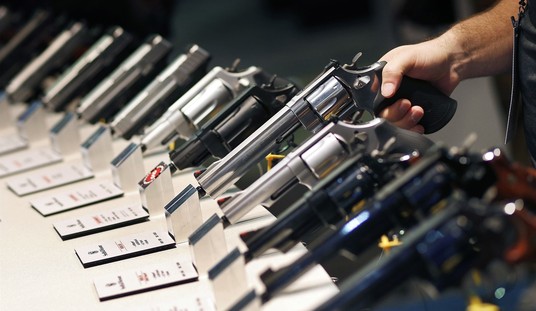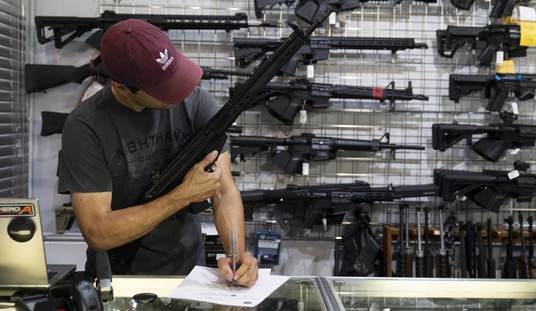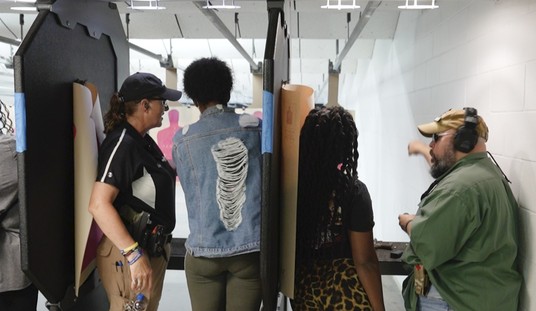The Naples News in Florida is out with an explosive story highlighting one of the many problems with “red flag” legislation that results in the seizure of firearms under an Extreme Risk Protection Order; because the ERPO’s are a civil, not a criminal matter, public defenders aren’t an option for those who want to get their belated day in court and fight for their right to keep and bear arms. As a result, the paper says, about 80% of the “red flag” cases in the Naples area involved defendants who had to plead their case without an attorney by their side.
The Daily News and The News-Press reviewed each of the 66 risk protection order cases Collier and Lee law enforcement officers pursued through October. Of the 66 people named in the cases, 53 did not have an attorney to defend them, according to court records.
In many cases, risk protection order subjects are struggling financially and likely couldn’t afford a lawyer, reporters found after visiting several of their homes.
Legal experts worry that people who defend themselves against a civil risk protection order could jeopardize any related criminal cases they’re involved in.
So not only do you have your firearms taken from you weeks before you get your day in court, but you’re going to have to shell out thousands of dollars in legal fees to try to have your rights restored. If you can’t afford an attorney, one will not be provided to you at no cost to yourself. You’re simply on your own.
It’s bizarre to me that Extreme Risk Protection Orders are considered a civil matter, given that under Florida’s law, police are the only ones who can request the issuance of an order from a judge. If the State is the one trying to strip you of your rights, shouldn’t you at least have access to a court appointed attorney?
Of course, if that was the law it would cost more money to implement, and one of the reasons politicians like “red flag” laws is because its cheaper to take someone’s guns from them than it is to ensure they’re getting the mental health treatment they need.
Now, as the Naples News points out, it might not matter much whether you can afford an attorney, since 90% of “red flag” requests in the Naples area are approved by judges.
In the last year and a half, Southwest Florida law enforcement has used the new law to take guns away from dozens of people who have been deemed potentially dangerous, including students who threatened to gun down classmates and people who threatened to kill family members, neighbors and co-workers, according to law enforcement narratives describing the cases.
But opponents of risk protection orders say they’re often redundant and aren’t making Florida any safer.
Judges approved 59 of the 66 risk protection order cases in Collier and Lee counties from March 2018 through October, or about 90 percent, a Naples Daily News and The News-Press analysis found. But in at least 12 cases – more than 1 in 6 – the subjects of the orders were already legally barred from buying or having guns…
Many of the other cases were for people already on a path that could have led to them being stripped of their gun rights.
More than half of the 66 cases were for people who had been detained under the Baker Act, which allows people in crisis to be held for up to three days for a mental health evaluation. If they are still a danger after three days and then committed to a mental health facility, they lose their gun rights.
Judges have every reason in the world to rubber-stamp any Extreme Risk Protection Order that comes before them. If they allow someone to keep their firearms and that individual goes on to harm themselves or others, that judge is going be attacked by gun control groups and the media for their failure to enforce the law. If they simply approve the vast majority of cases brought before them, however, they can always claim that the low burden of proof was met and they were simply following procedure.
I do believe that many of the folks who support red flag laws have good intentions, and are far more interested in trying to prevent a suicide or a homicide than they are in trying to disarm every legal gun owner in the country. However, good intentions don’t automatically lead to good laws, and there are some serious issues with red flag laws around the country, including Florida’s.









